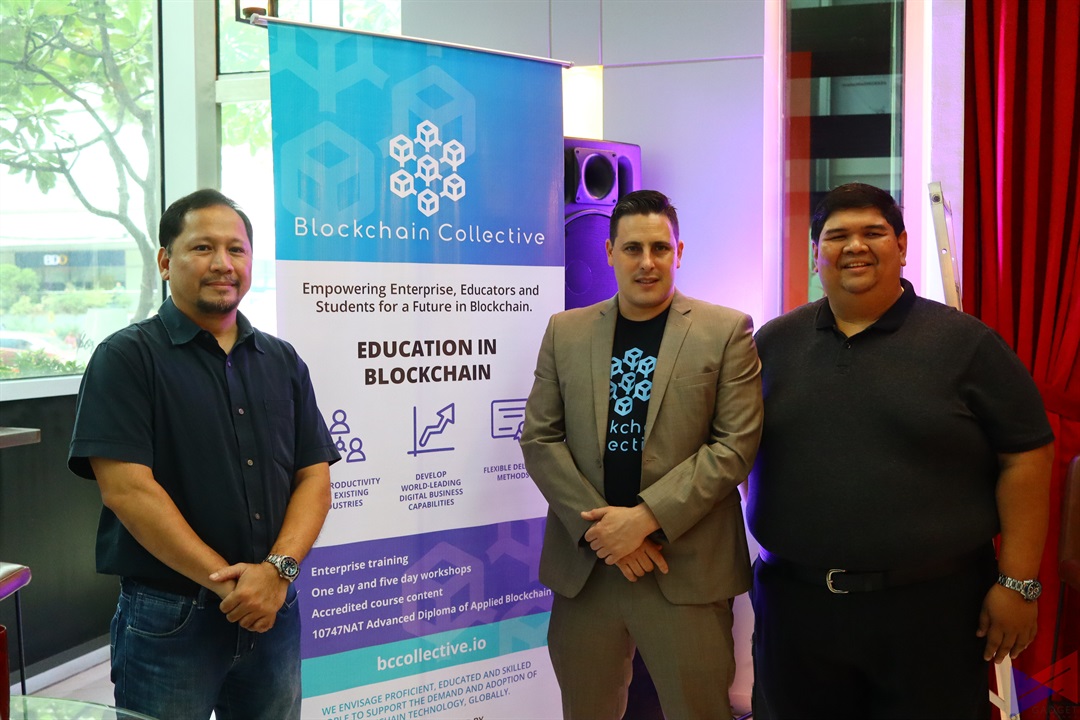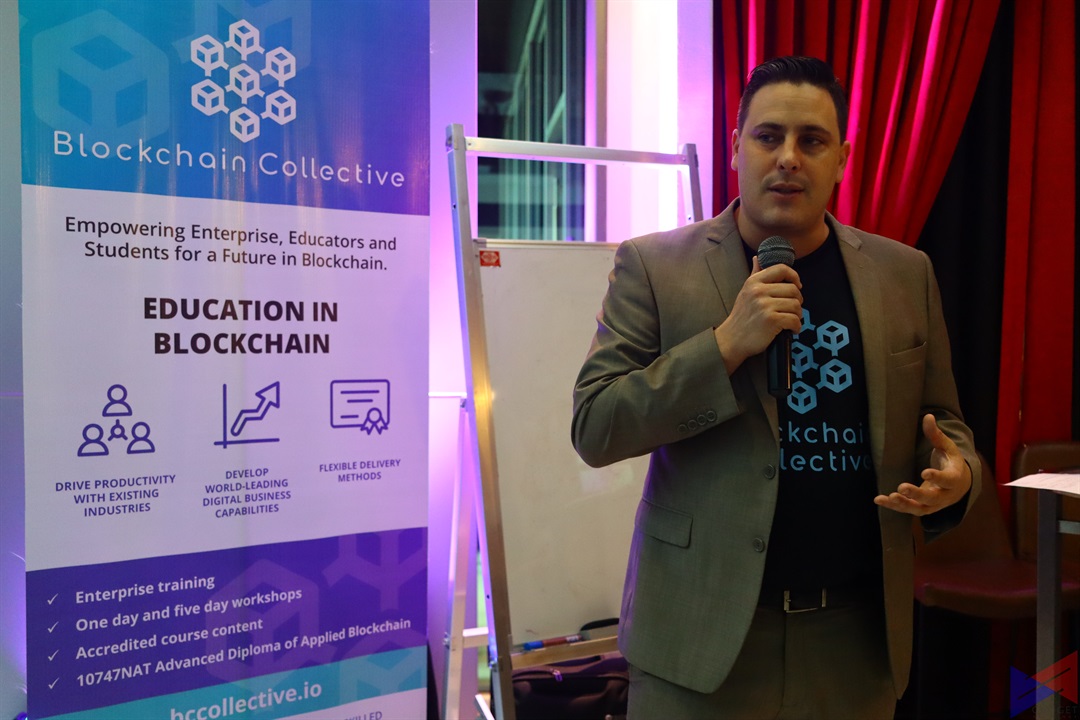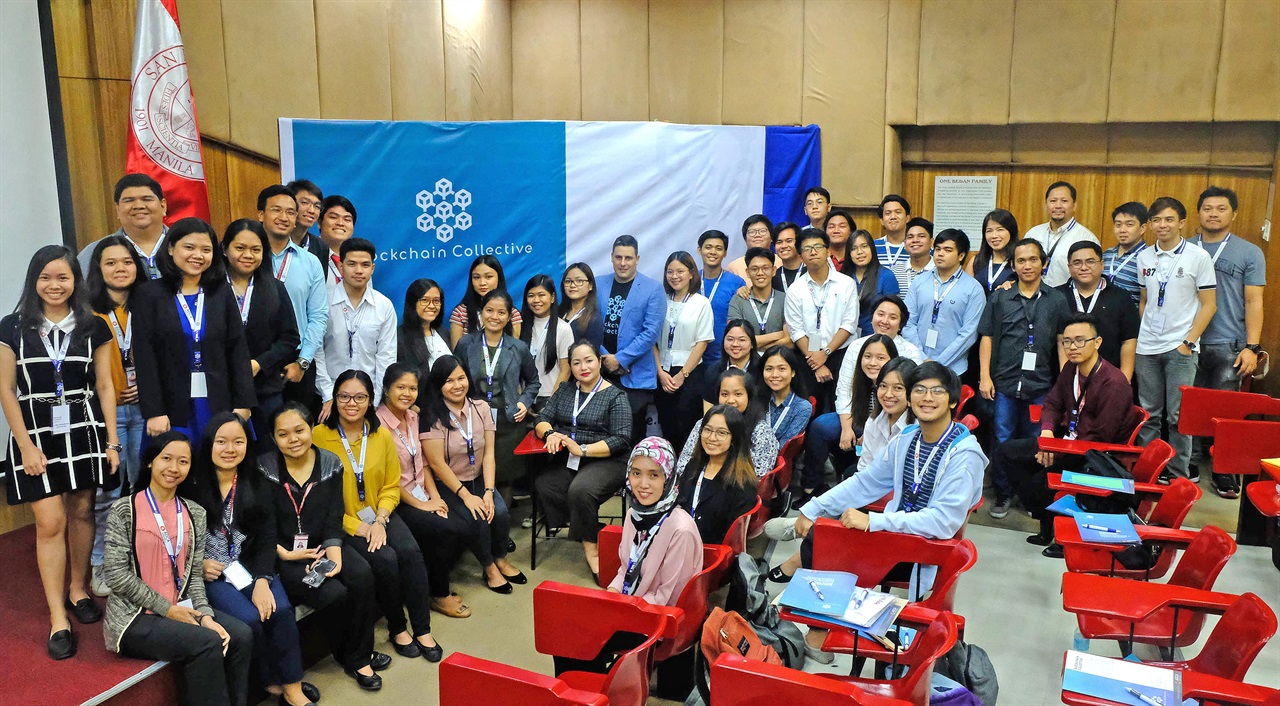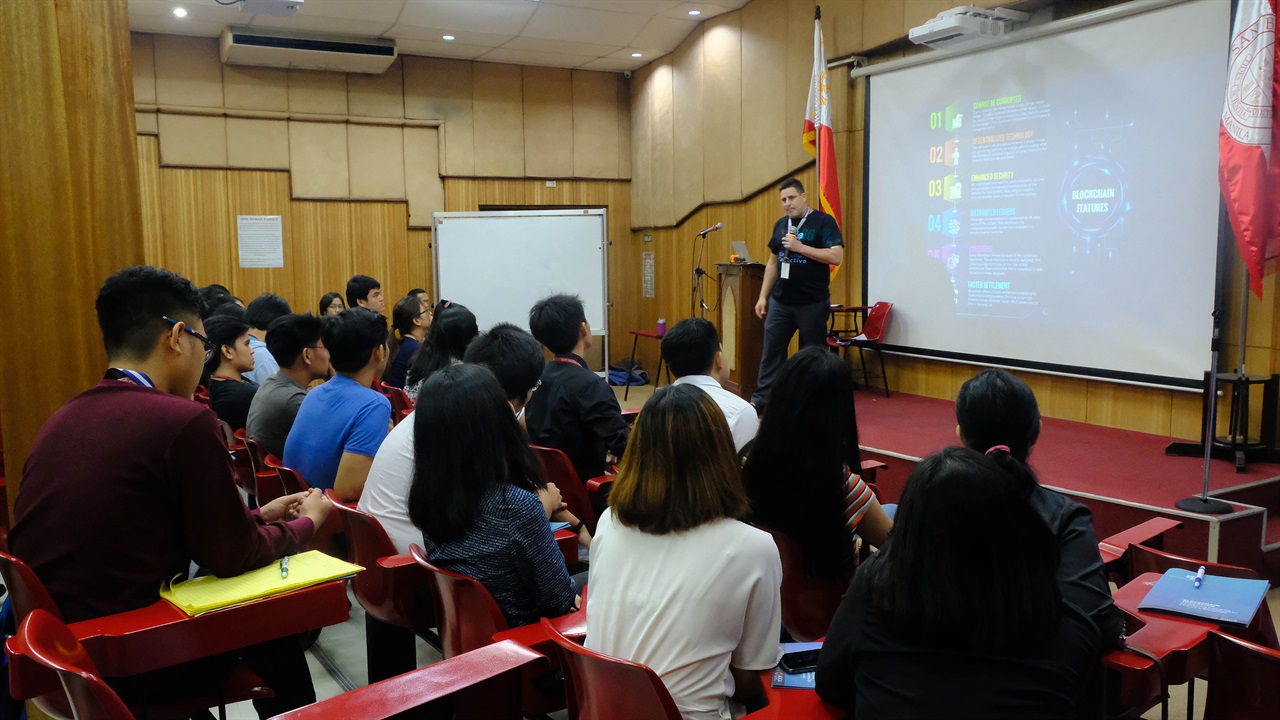 Back when the Internet wasn’t as big of a thing as it is now, only a handful would even risk putting sensitive information such as credit card numbers online, due to the risks it entailed. Fast forward to today, and we’ve already put so much more in the hands of companies such as Facebook and Google.
Back when the Internet wasn’t as big of a thing as it is now, only a handful would even risk putting sensitive information such as credit card numbers online, due to the risks it entailed. Fast forward to today, and we’ve already put so much more in the hands of companies such as Facebook and Google.
With privacy being a huge concern these days, it’s a time when we’re taking a look at the amount of information that we want to share with a particular entity, I mean, your dentist doesn’t really need to know where you were born right? and that’s where the technology called Blockchain comes in.
Blockchain is a collection of records maintained in a cluster of machines not owned by any single entity. Each “Block” of data is connected to each other and “cannot” be hacked, as they say. In financial transactions, it adds a layer of security that allows a user to for example, determine which specific information they want to share with a certain entity, and even set how long that entity can have access to their information.
The technology even allows for smart contracts that have certain conditions, only activated when the triggers are met. When a person accesses a certain record or bit of information, every node (or everyone involved) can even be notified for transparency.
The technology is meant to address the weaknesses in today’s systems such as duplication, inefficiencies in record-keeping and international payments, as well as in issues of transparency, automation, traceability, and accountability.
 “There are lots of people who understood coding on the blockchain but when it came to actual strategic thinking on how to apply Blockchain to businesses, that is when there’s a massive gap in the market. Currently, there are lots of universities that were doing Blockchain short courses but without any certification.”
“There are lots of people who understood coding on the blockchain but when it came to actual strategic thinking on how to apply Blockchain to businesses, that is when there’s a massive gap in the market. Currently, there are lots of universities that were doing Blockchain short courses but without any certification.”
– Austin Lewinsmith, Co-Founder of Blockchain Collective
Elsewhere in the world, enterprises and governments are already starting to take advantage of the technology. The major issue is that there’s an apparent lack of individuals who are skilled in this particular field.
Blockchain Collective, Australia’s first and only Government Accredited Advanced Diploma of Applied Blockchain, empowers students, professionals, and organizations by means of educating them on Blockchain Technology, and how they can apply it in their careers. In fact, they even train people who can become Blockchain experts.
 In the Philippines, the organization has already teamed up with San Beda College, a school that plans to include the subject as part of their curriculum with an aim of bringing the students up to speed with the current demands of the industry.
In the Philippines, the organization has already teamed up with San Beda College, a school that plans to include the subject as part of their curriculum with an aim of bringing the students up to speed with the current demands of the industry.
 Last May 2 to 3, the organization conducted its first-ever Blockchain Accounting Workshop where 200 Accounting and Finance students were prepped with a solid foundation of knowledge in Blockchain, enough for them to confidently sit in the CPA Exam.
Last May 2 to 3, the organization conducted its first-ever Blockchain Accounting Workshop where 200 Accounting and Finance students were prepped with a solid foundation of knowledge in Blockchain, enough for them to confidently sit in the CPA Exam.
The organization also offers a full course on Blockchain (1074NAT Advanced Diploma of Applied Blockchain) in which a student can choose six units and two non-core units. They also offer 1-day and 5-day workshops for organizations who want to learn about or even consider a shift to Blockchain systems.
 Mr Joseph Chua, Director of Blockchain Collective Philippines, also highlighted the company’s aim of making the Philippines a leading hub for talented and employable graduates in Blockchain.
Mr Joseph Chua, Director of Blockchain Collective Philippines, also highlighted the company’s aim of making the Philippines a leading hub for talented and employable graduates in Blockchain.
To know more, you may visit https://bccollective.io or follow their official Facebook Page.
Emman has been writing technical and feature articles since 2010. Prior to this, he became one of the instructors at Asia Pacific College in 2008, and eventually landed a job as Business Analyst and Technical Writer at Integrated Open Source Solutions for almost 3 years.






